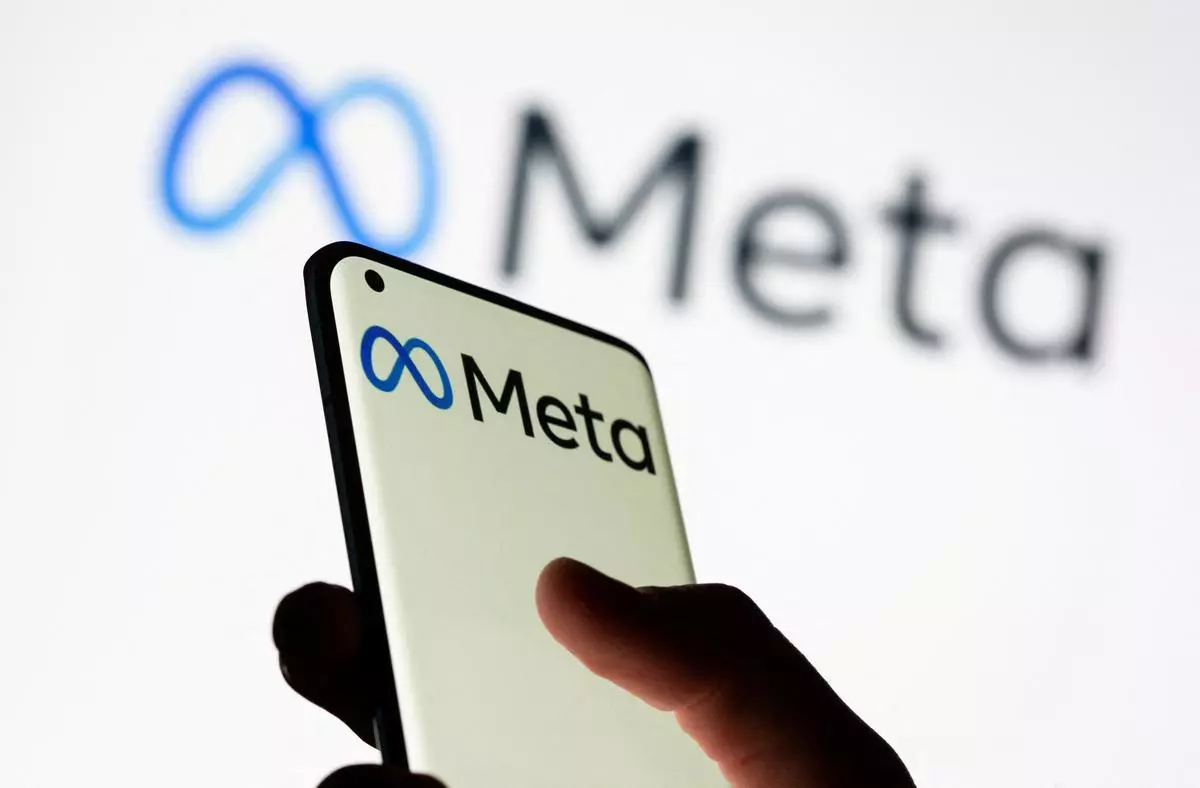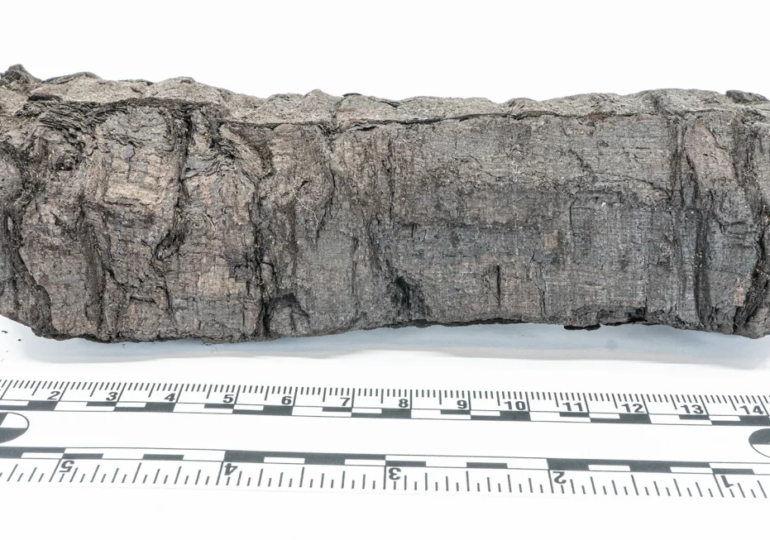Navigating Challenges: Meta Seeks TRAI’s Attention for Addressing Metaverse and AI-Related Issues in India

Collaborative Progress: Meta Advocates for Ongoing Dialogue Between Indian Policymakers and Industry Stakeholders to Foster AI and Metaverse Development
Meta has initiated communication with India’s telecom regulator, the Telecom Regulatory Authority of India (TRAI), seeking collaboration to address challenges related to the metaverse and artificial intelligence (AI). In a detailed letter submitted to TRAI, the US-based tech giant emphasized the importance of creating regulatory sandboxes to bridge existing regulatory gaps. Meta’s proposal aims to foster the development of nurturing policies that support the growth of these innovative technologies. As Meta, owned by Mark Zuckerberg, endeavors to integrate metaverse technology into social networking and virtual reality realms, the company envisions enhancing online experiences through increased immersion.
In its outreach to TRAI, Meta stressed the need for India to facilitate an ongoing dialogue between policymakers and industry stakeholders. This collaborative approach, according to Meta, is crucial for ensuring the sustained growth and advancement of technologies such as AI and the metaverse in the Indian context.
Meta’s submission to TRAI emphasizes the dynamic nature of these nascent technologies and underscores the importance of evidence-based policy development. Recognizing that the metaverse is still evolving, Meta calls upon Indian policymakers to address emerging legislative gaps on a case-by-case basis, acknowledging both the potential benefits and risks associated with advancements yet to unfold. Meta’s proactive engagement with TRAI reflects a commitment to responsible technological innovation and a desire to work closely with regulatory bodies to navigate the evolving landscape of the metaverse and AI in India.
In India, the regulatory framework to govern over the Web3 sector is currently in the making. It is, however, noteworthy that the primary focus of the Indian government presently is to ensure that cryptocurrencies do not disturb the national financial stability.

In the backdrop, Web3 elements like the metaverse and NFTs are lingering without a concrete classification – slumping the growth of related companies.As per Meta, “…regulatory sandboxes with clear exit criteria can allow industry participants to offer products to limited numbers of consumers in a more controlled environment, or other experimental governance programs.”
“Like the Internet, the metaverse will not be limited to use from within defined, geographic parameters. The siloed nature of bordered approaches to regulation might impede interoperability and portability in the metaverse. Onerous requirements for local storage of data are already particularly challenging for smaller businesses and their cross-border activities,” Meta has told TRAI – hoping to convince the regulatory body to ignite discussions around these young technologies and solve issues.
As per Statista, it was estimated that the global metaverse market stood at $65.5 billion (roughly Rs. 5,44,035 crore) in 2022. In 2023, the market was expected to rise to $82 billion (roughly Rs. 6,81,082 crore) before surging to $936.6 billion (roughly Rs. 77,79,526 crore) by 2030.





















